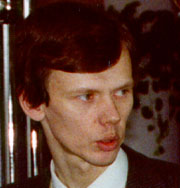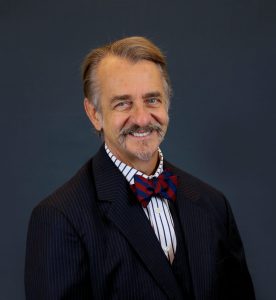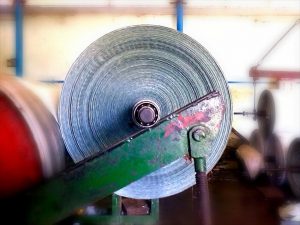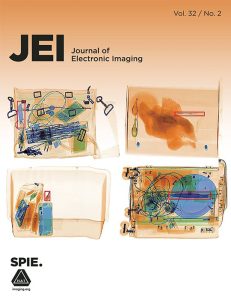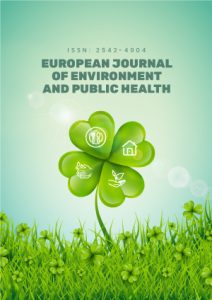A cancer researcher who was terminated from one postdoc position and resigned another faked data in multiple papers and grant applications, according to the U.S. Office of Research Integrity.
ORI found that Yiorgos (Georgios) I. Laliotis “engaged in research misconduct by intentionally and knowingly falsifying and/or fabricating data, methods, results, and conclusions” in three published papers and two applications for grant funding from the National Institutes of Health (NIH). The findings were based on Laliotis’ own admissions as well as reports from The Ohio State University and Johns Hopkins University.
As we’ve previously reported, Ohio State terminated Laliotis from his postdoc position in November of 2021, and he apparently resigned from another postdoc position at Johns Hopkins University that same month. Whether both universities employed him at the same time is unclear.
Laliotis has also been charged in Franklin County, Ohio – home to Ohio State – with forgery, identity theft, and telecommunications fraud in connection with allegations he created a fake email address in the name of Philip Tsichlis, his PI at Ohio State, and used it to send letters of recommendation purportedly from Tsichlis to prospective employers. Laliotis has pleaded not guilty to all charges.
Continue reading Fired OSU postdoc charged with forgery admitted to faking data, feds say


